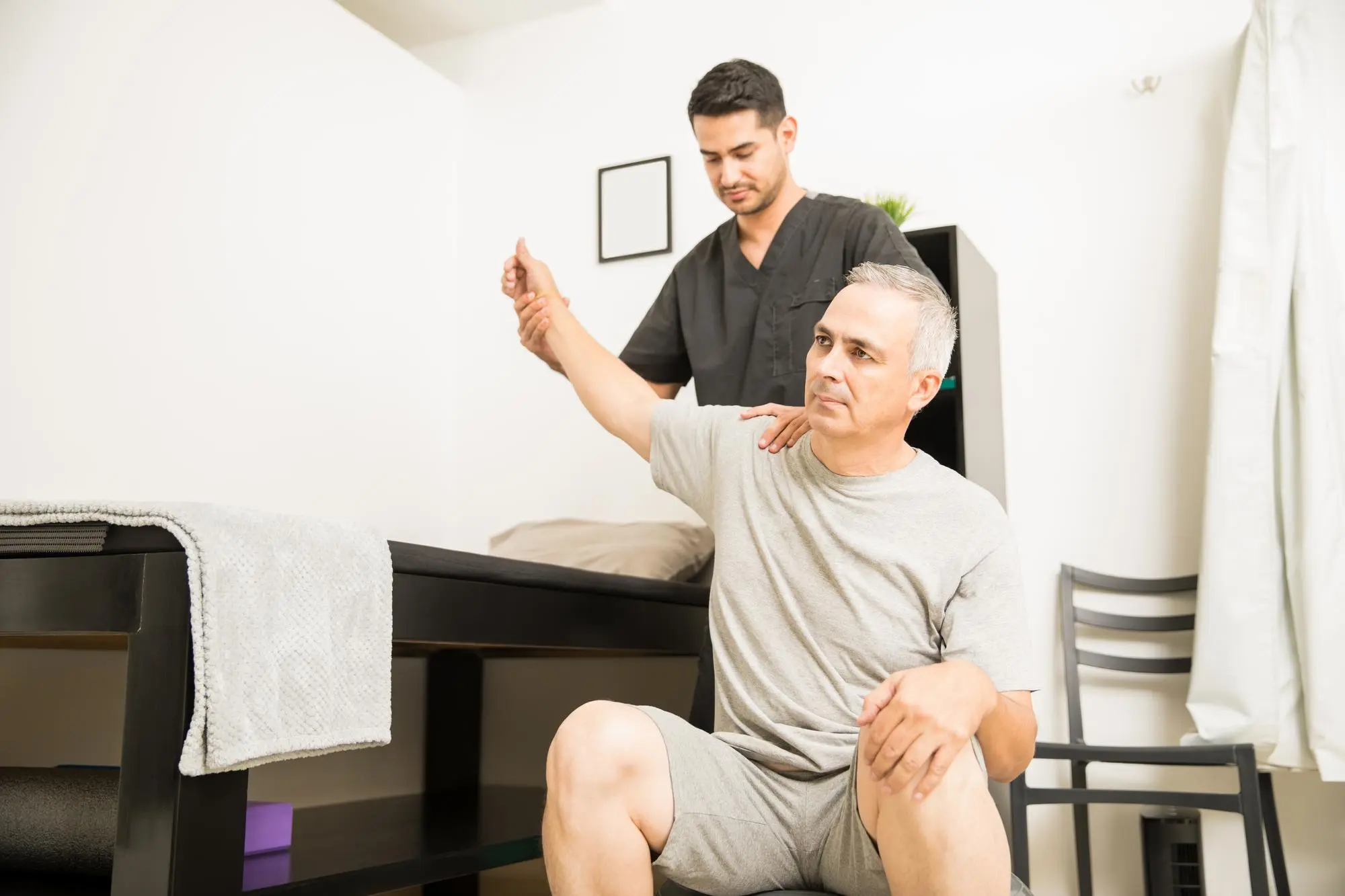Depending on the severity of a stroke, activities of daily living or ADLs can be significantly impacted, potentially rendering a person incapable of living the life to which they are accustomed. Activities of daily living or ADLs include eating, dressing, bathing, necessary hygiene skills, walking, and transferring from sitting to standing. Complications of a stroke include and are not limited to loss or impairment of ADLs, paralysis, diminished movement, speech difficulty, memory loss, emotional alterations, pain, and changes in behavior. All of these and more can be considerably altered due to a stroke, and it is essential to regain these activities as best as possible.
Stroke Damage
In some circumstances, strokes can result in severe deficits that leave a person paralyzed or worse, so it is not reasonable to try to resume normal ADLs in this scenario. The amount of dead brain tissue resulting from the stroke will determine the extent of the injury. However, if a doctor seems to believe that you can gain back what was lost to a stroke, there is physical, occupational, and speech therapy that can be utilized to achieve your goal. When assessing stroke damage before treatment, the stroke affects the left side of the brain if a person has right-sided body impairment. If a doctor assesses left-sided body impairment, the stroke affects the right side of the brain. Also, a stroke to the left side of the brain can cause speech and language impairment.
Rehabilitation
A thorough assessment will determine the best therapies to accomplish optimal results when starting rehabilitation. This includes targeted treatments depending on the affected side of the brain. Therapies will begin in the hospital before discharge but will continue outpatient. Some patients cannot return home immediately and will instead go to an inpatient rehabilitation center. After therapy at a rehabilitation facility, some people can return home, but others will need long-term care. Whether a person can return to independent living or not, counseling should be a part of treatment to ensure that the patient is coping appropriately. Most likely, your quality of life has been somewhat altered after a stroke. Therefore, it is essential not to neglect mental health during this significant change.
Prevention
Certain lifestyle modifications need to be made to prevent another stroke from occurring. For instance, blood pressure and cholesterol need to be well controlled, in addition to diabetes. Losing weight, smoking cessation, refraining from alcohol, and regularly exercising are all vital to reduce reoccurrence. Anti-platelet drugs and anticoagulants will also most likely be prescribed after a stroke. These will help thin the blood and make the blood less likely to clot. However, most anticoagulants must be monitored regularly for the best results, so following the doctor's orders is essential.
Life after a stroke can be scary, but with the proper support and rehabilitation, there is hope that you can find your "new normal." Connect with Cura4U to discuss rehabilitation options for you or a loved one.
Our clinical experts continually monitor the health and medical content posted on CURA4U, and we update our blogs and articles when new information becomes available. Last reviewed by Dr.Saad Zia on May 2nd, 2023.











